The Technology You Need in Today’s Meeting Industry
Feb 20, 13 | 12:05 am
By Joan King
The Nature of the Industry
According to "The Economic Significance of Meetings to the U.S. Economy", the first of its kind quantitative research-based analysis on the subject, meetings and conventions support over 1.7 million jobs throughout the U.S. alone. The 1.8 million recorded meetings and conventions held throughout the country in 2011 directly contributed an excess of $106 billion dollars to the Gross Domestic Product with all indicators pointing towards industry growth between 2012 -2020. In essence, meetings mean business.....Big Business!
The Overarching Need
At the forefront of this industry are the meeting planners themselves whose extensive buying power is continually influencing the direction in which meeting and convention venues are shaping and restructuring their operations in order to best serve the demands of their clientele. Technology has been consistently identified as one of the key contributing factors for meeting planner venue choices and, for the most part, venue operators have responded to that need. In order to get a better understanding of the current technology trends in the meeting industry, UniFocus surveyed an array of certified meeting planners who had planned in excess of 500 meetings and events during 2012. The participating planners were all involved with either corporate or association events, and the short survey was designed with the intent to gather insight on both the planner's personal technological preferences and those of their clients and attendees.
The Current Trends
Communications
When asked how planners prefer to communicate with their venue partners, the overwhelming response was: electronically (laptops, tablets and smartphones).
Meeting Planner Feedback on Venue Operations
The method of choice for most meeting venues is to survey planners regarding how well the venue and its staff met the needs of the planner and their attendees. The predominant response of the planners surveyed, indicated that they preferred electronic surveys for the purpose of meeting feedback to venue operators. Additionally, 86% of respondents indicated they preferred their Desktop/Laptop computer for completing those surveys, while only 6% said they preferred using a tablet PC. The use of paper surveys for meeting planner feedback seems to be a fading approach, and in today's more ecofriendly technologically advanced world, has been viewed by some as a waste of resources.
High Speed Internet Access
When asked for their preferences in the technology provided by venue operators, Wireless High-speed Internet access was of the utmost importance with 80% of respondents identifying it as a requirement to gain their business. Following Wi-Fi on the current importance scale of technology requirements were: LCD projectors, wireless microphones and teleconferencing capabilities.
2013 and Beyond
Planners' opinions of the technology most important to them for choosing a meeting/event venue in 2013 yielded the following results:
High Speed Wi-Fi accessibility
Web Conferencing
Video Conferencing
Although not as important as the above, planners also indicated that the following technologies were also of importance depending on the nature of the meeting/event:
Virtual Meeting Environments
Portable Audio/Visual
Electronic Way-Finding Signage
Of the meeting planners surveyed, 83% believed that in the next 2 to 3 years both video conferencing and streaming video capabilities will be "must haves" in order to continue to gain their business. With that being said, the majority of corporate / association meeting planners also believed that the introduction of video conferencing was unlikely to reduce the need for in-person meetings in future years to come.
Conclusion
While this "at a glance" survey of active meeting planners has provided some insights into the current and future trends in using technology for a more efficient and effective meeting/event experience, it also points to potential shifts in the way that meeting planners are choosing their meeting/event venues. With 83% of meeting planners agreeing that video conferencing is poised to become a must have for venues over the next 2 to 3 years, the question that arises is, "how will meetings/events be evolving in the near future?" Recognizing that the majority of planners do not believe that technological advancements are likely to reduce the need for in-person meetings, if the attitudes of meeting planners' technological demands persist, and hotels/venues embrace higher technology, they can stay ahead of the curve.
If the movement towards video conferencing does eventually take its' toll upon room nights sold, then alternative positioning strategies may also need to be considered in order to retain meetings revenues. In this instance, depending on site availability, hotel brands with clear communications between properties could plausibly be positioned to sell individual meetings across multiple venues. This would enable their attendees to avoid pricey airline fees as interlinked technologies offered throughout their brands would continue to promote face-to-face meeting interactions, though be it not in person, and concurrently assist in the retention of their brand's total room revenues.
It is safe to say that in today's ever growing International Meeting and Convention Industry, venues that continue to advance their technological assets will continue to enjoy a competitive advantage over those that go without. Yet, those venues that proactively integrate their technologies with their positioning and pricing strategies will be best set to see their competitive advantages continually sustained.
About the Author
The author Joan King has over 26 years of experience in the hospitality industry. Joan is currently on the executive board as the Managing Director of Survey Solutions at UniFocus, the international leader in Hospitality industry Smart Tools and Survey Solutions. Joan has a broad gamut of hospitality experience ranging from survey solutions, operations, meetings, catering, and sales throughout both independent and internationally branded hotels. Joan holds a B.S. in business management from Widener University. She has attended PDP courses in F&B Management at the Cornell University School of Hotel Management.
Source: http://ehotelier.com/hospitality-news/item.php?id=D25024_0_11_0_M&utm_source=MailingList&utm_medium=email&utm_campaign=2013-02-20%3A+EH+Daily+News





